Therapist Team
All students at Tauranga Special School have direct access to Speech-language Therapy, Occupational Therapy and Physiotherapy. The Therapists and Therapy Assistants provide a wide range of therapies based on the students’ needs and in consultation with families and staff. A parent or carer of a student is very welcome to discuss the student’s therapy needs with any of our Therapy Team at any time. The Therapists and Therapy Assistants, and our Psychologist (2 days a week) and Psychology Consultant, make up our Therapy Team. This team is co-ordinated by a Therapist Team Leader and provides support for students, staff and parents. Referrals to other specialists can be made as required.
- Speech-language Therapy
- Occupational Therapy
- Physiotherapy and Hydrotherapy
- Psychologist and Psychology Consultant
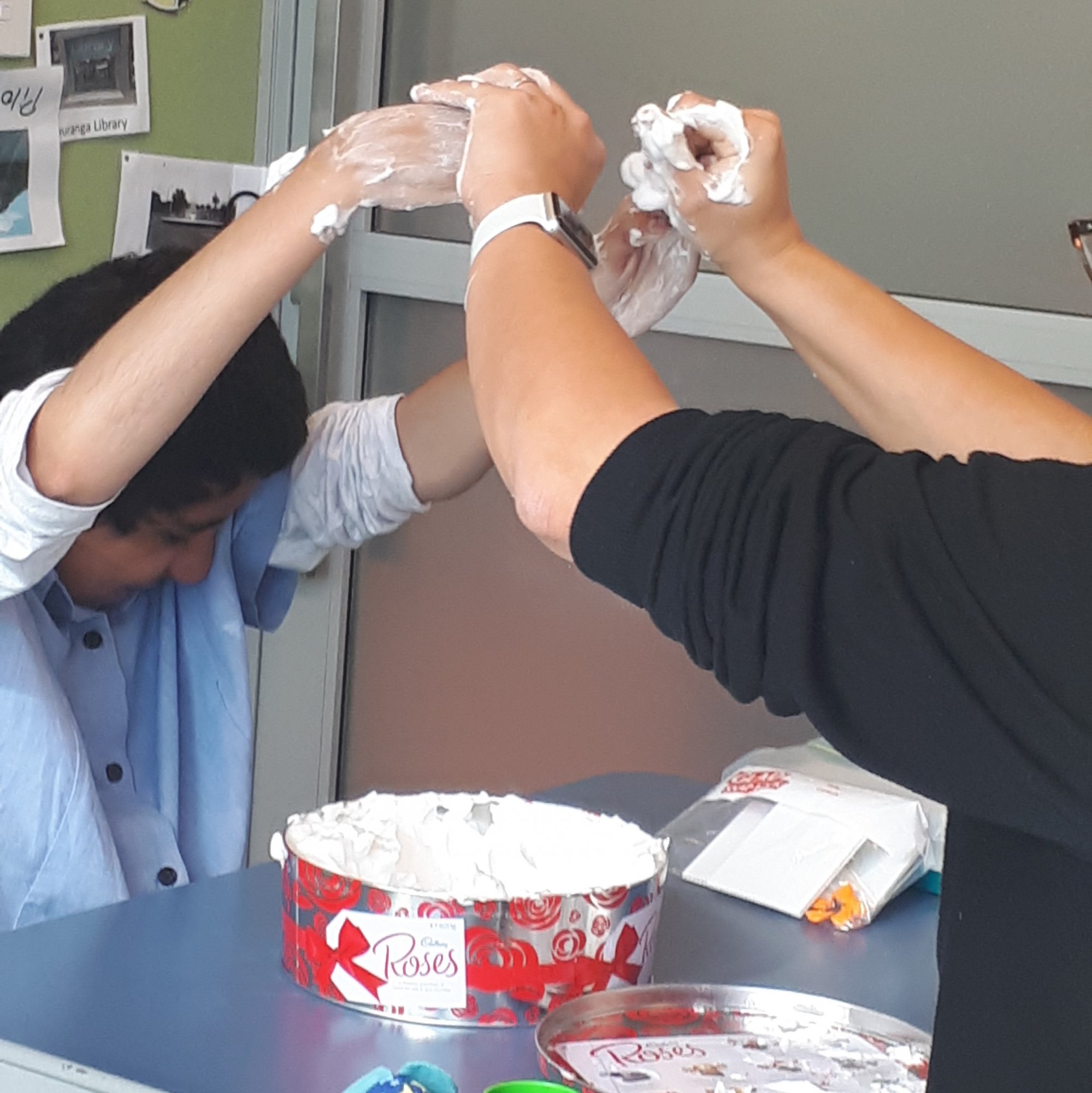
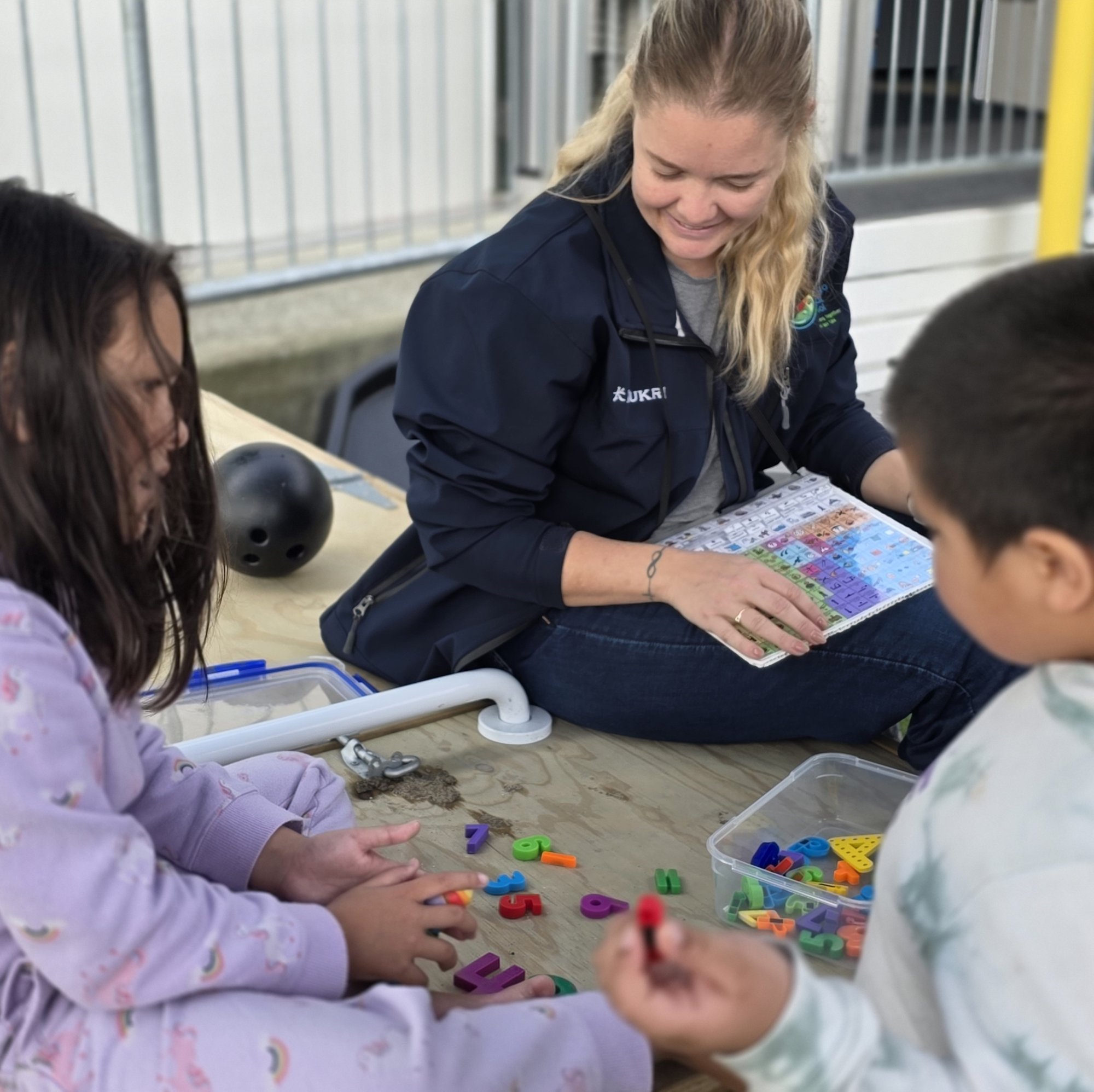
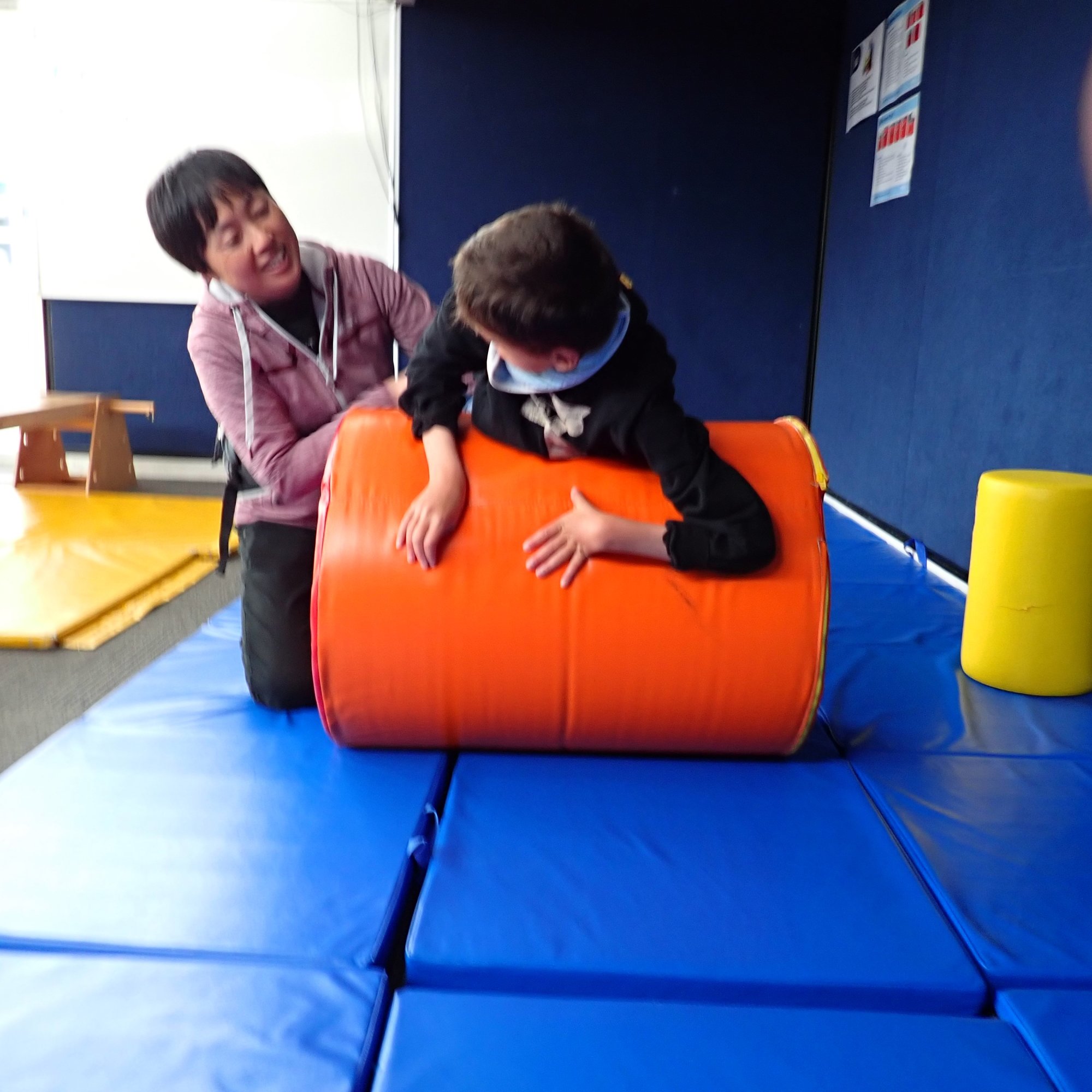
Speech and Language Therapy
The Speech and Language Therapy Team supports students with their communication, eating, drinking and swallowing skills.
Communication
Every student at Tauranga Special School has a right to have their communication style recognised, nurtured and supported.
We use a total communication approach, using any means of communication to help our students to understand their world and to be understood, this may include:
- Gesture and body posture
- Facial expressions
- Tone of voice
- Vocalisations
- Key word signing
- Picture based systems
- Reading
- Speech
- Assistive technology - eg. communication books, voice output communication devices
- Objects of reference
- Intensive Interaction
The Speech and Language Therapists are an intrinsic part of each class at Base school and at the Satellite classes. The Therapists provide assessment on levels of communication, environmental assessments and functional use of language. Individual assessments and programmes for speech, oral skills and feeding/swallowing safety are done also. Communication strategies and adapted environments are used in each class to support all the students. All new students admitted have an assessment period and individual programmes are set as required. Students are supported around major transition periods or through transition to other schools.
Eating, Drinking and Swallowing
All students who need help with their eating and drinking have an Eating, Drinking and Swallowing Plan which is set following joint assessment with our school SLT and the local hospital SLT, our class teams and the student’s family.
The therapists can also offer classes our ‘happy eating’ programme which includes food preparation and trying different tastes and textures targeting our more fussy eaters or those with a restrictive diet.
Training
Workshops and training regarding communication, eating, drinking and swallowing are run as required.
Occupational Therapy
The Occupational Therapist and Therapy Assistant assist students to develop in their whole of life occupations. They have a regular time slot in each classroom. Sometimes they work individually with a student, sometimes in a small group session, sometimes the therapists will work in an advisory capacity with the teacher to set up and monitor activities that are to be part of the student’s regular daily / weekly programme.
This may include:
Work and educational occupations
- Hand function (pencil skills, using scissors, using a switch/ mouse for the computer)
- Class routines (using visual timetables, task analysis, sequence strips)
- Sensory processing (sensory programmes, sensory diets)
- Reading (eye movements, visual perception)
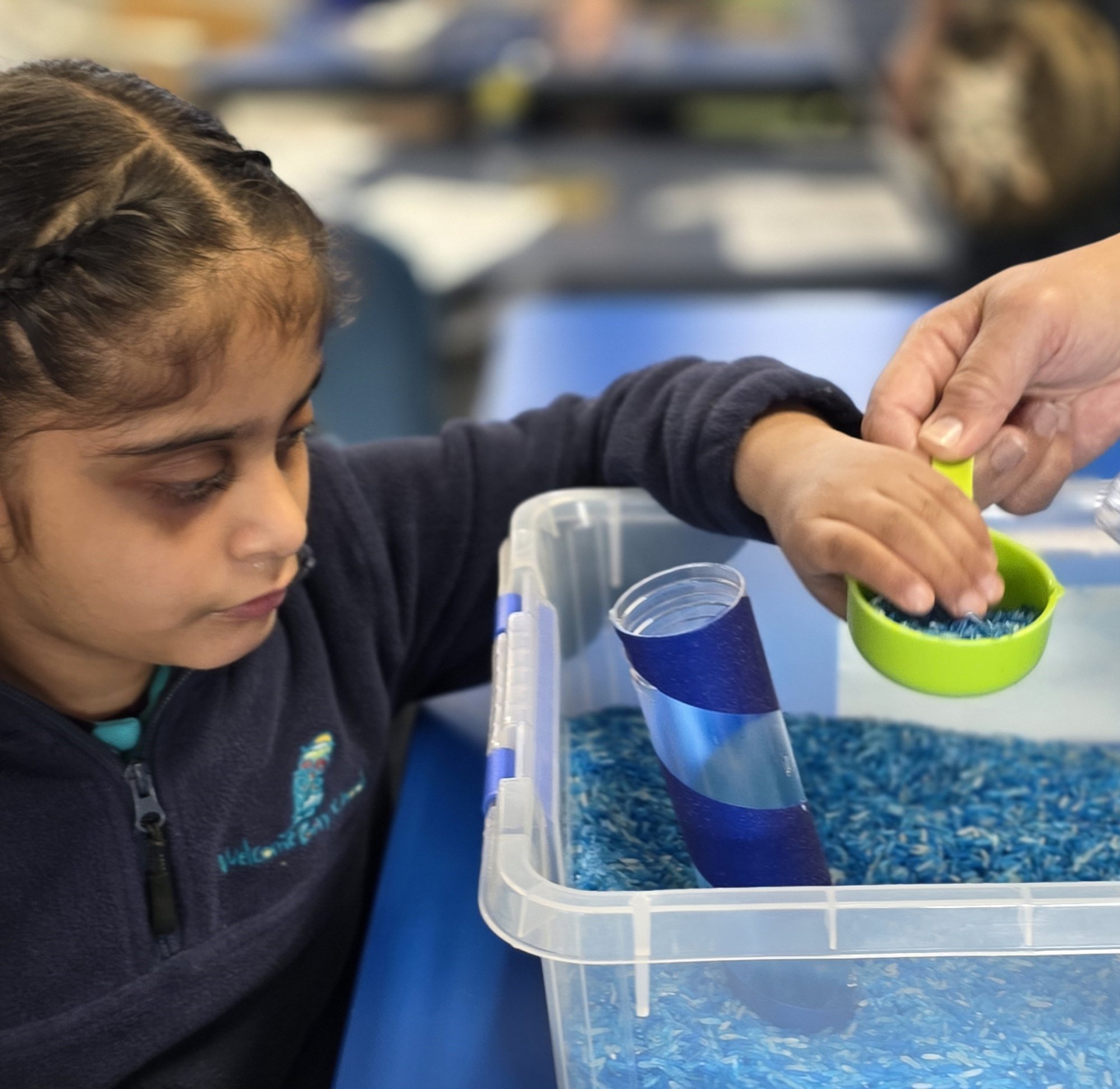
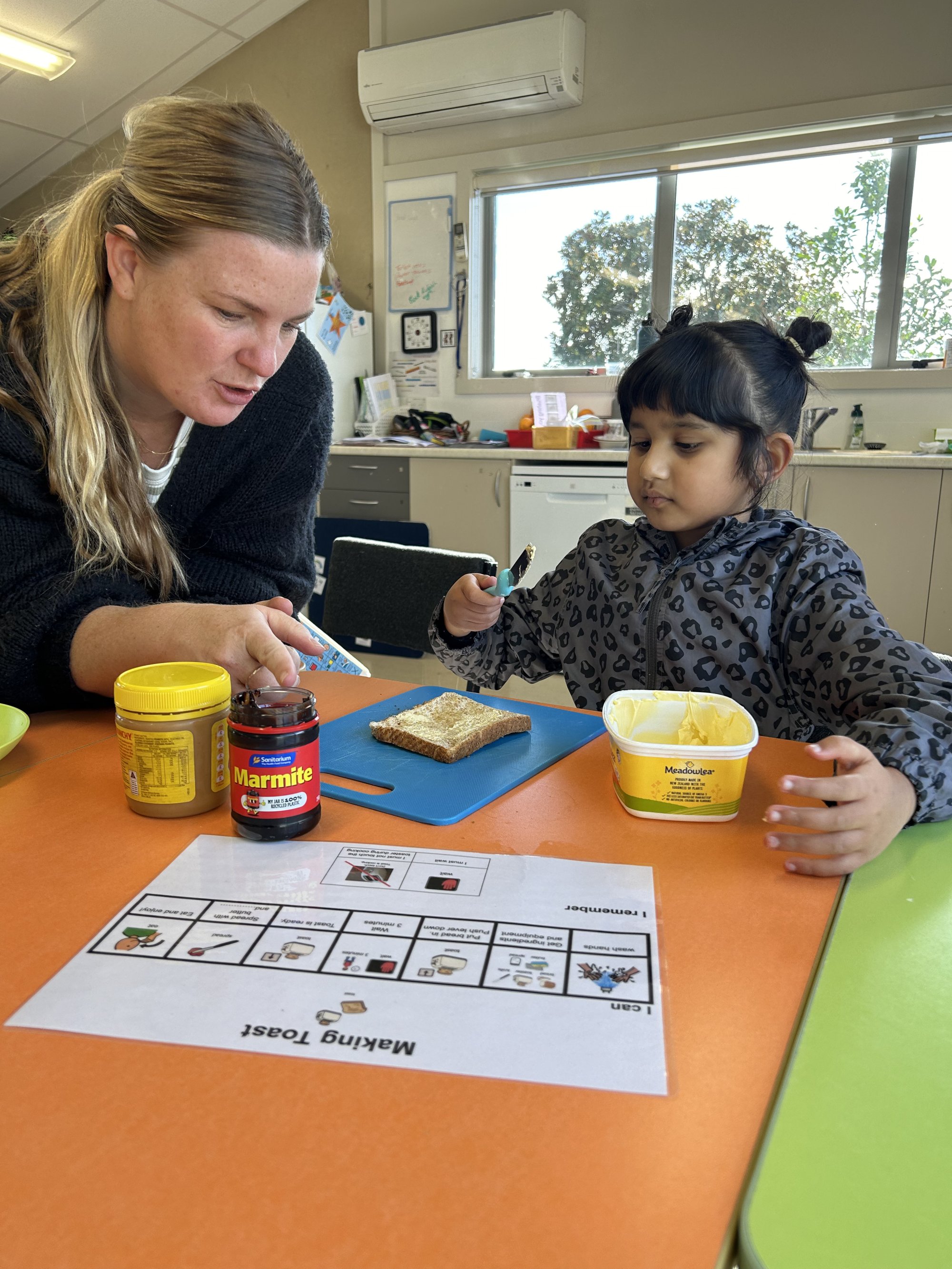
Life skills and personal care occupations
- Eating / drinking
- Toileting · Dressing and undressing
- Food preparation
- Shopping
- Accessing recreational activities
Equipment provision
- Ministry of Health (hoists, slings, toilet supports, eating equipment)
- Ministry of Education (assistive technology, seating)
- Seating to Go (wheelchairs)
- Other equipment (weighted blankets /vests, postural supports,hand / arm splints)
Play and leisure occupations
- Social skills
- Play skills
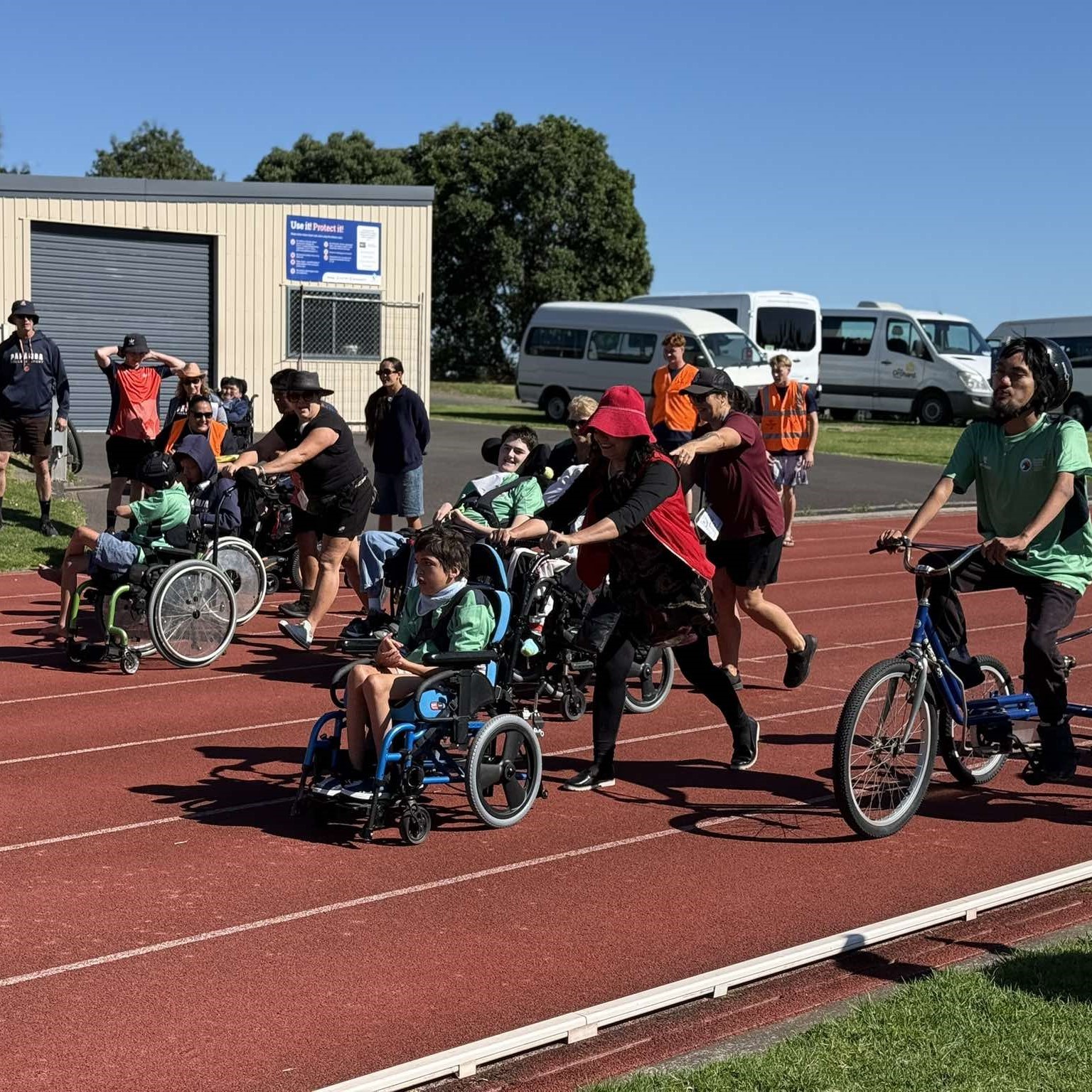
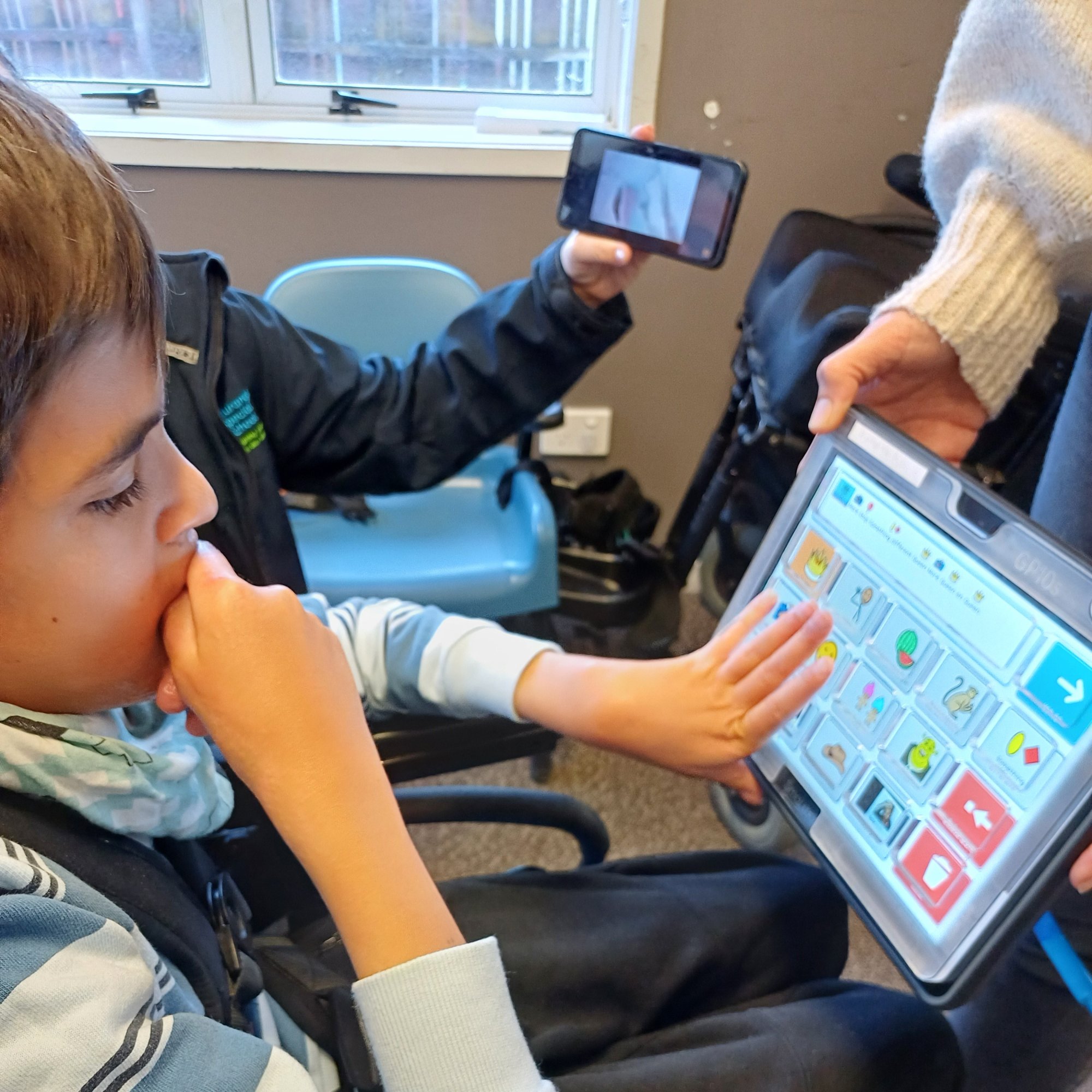
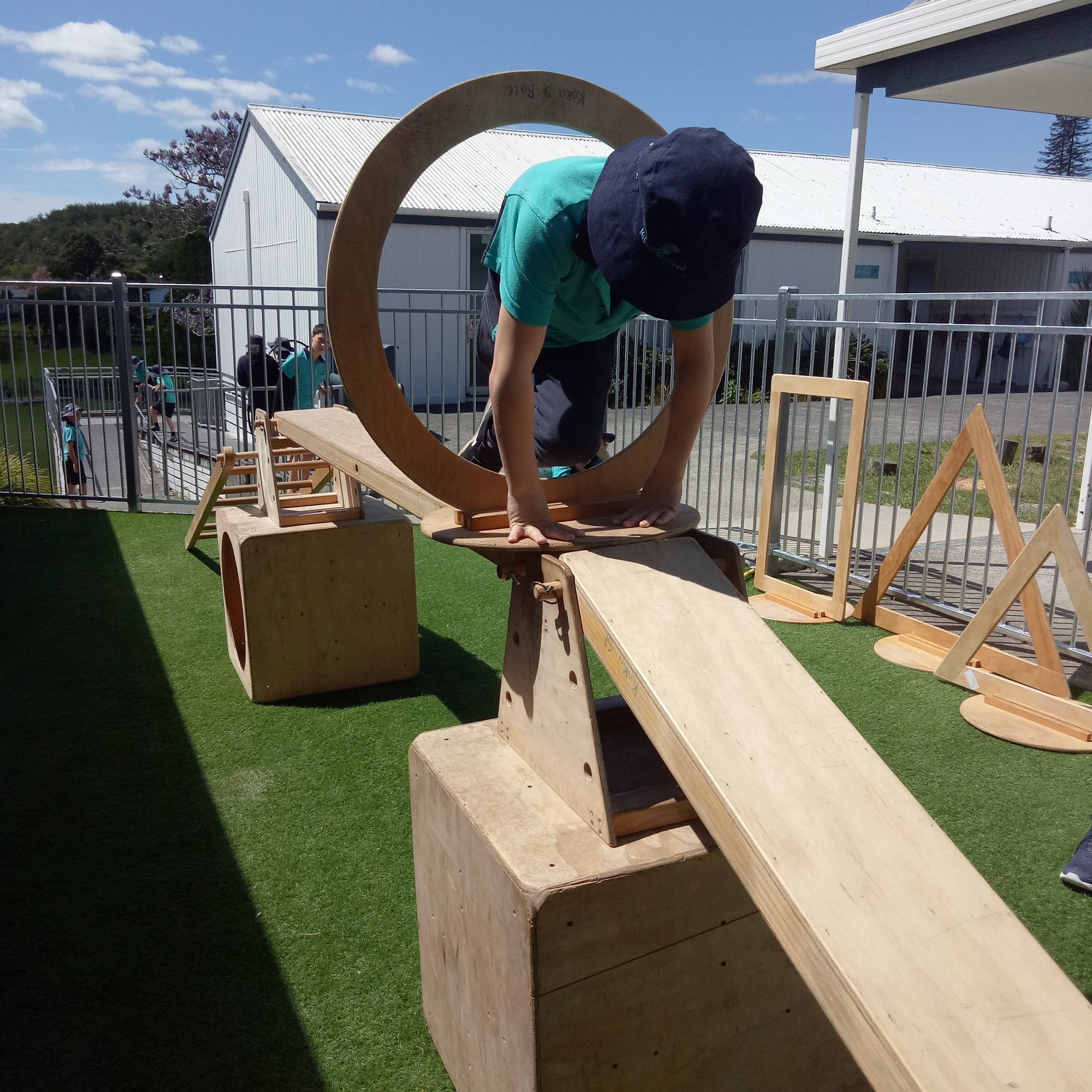
Physiotherapy and Hydrotherapy
The Physiotherapy team at Tauranga Special School comprises of a full time Physiotherapist, Physiotherapy Assistant and Swimming and Pool coordinator.
The physiotherapist's role in the school environment is to help students with their physical wellbeing and to increase their accessibility and participation in the school curriculum. Individual daily therapy programmes are developed for children with physical needs to encourage the development of gross motor skills, improve or maintain their level of function and to experience better health and enhanced personal dignity.
Physiotherapy is integrated into the daily curriculum to ensure it is functional and meaningful. Physiotherapists work individually with the student or in a class session. We also use hydrotherapy/swimming, specialised equipment such as standing and walking frames, tricycles and horse riding to help students achieve their goals.
We have a year round swimming program where the students participate in either hydrotherapy or learn to swim programs depending on their needs. We have a heated pool at base school and the older students access the community pools. We follow the SNZ learn to swim program and our physio assistant is a qualified swimming instructor.
Our Physiotherapist is an accredited assessor for provision of specialised equipment and can apply for funding of equipment such as standing frames and walking frames from Enable NZ or ACC as required.
Each term, a cohort of students attend Riding for the disabled (RDA) to participate in the Therapy Riding program. We coordinate with RDA around the students physical, communication and sensory needs and goals.
We may also accompany students with their family on visits to specialists, clinics or other agencies to:
- Discuss medical needs and intervention
- Advocate for changes or alterations or equipment
- Provide a link between educational and medical needs
- Discuss equipment for independence
Mana Kaha (being the best that we can be)
Our team
The Mana Kaha team includes:
David Keightley-Phillips (Psychologist: 2 days a week)
Penny Gee (Leader of Hauora, Team Teach Trainer)
Naomi McDonald (Psychology Consultant, Health and Safety Administrator, Team Teach Trainer)
Amy Prouse (Occupational Therapist)
Rebecca Scott (Speech and Language Therapist)
Nicky Henderson (Professional Learning Leader, Team Teach Trainer)
The diversity of our Mana Kaha Team skillset facilitates creative and considered collaborations; both when addressing the needs of our students, whānau, staff and outside agencies, and when planning for the ongoing support and growth of our TSS community.
Our Mana Kaha team members support school-wide wellbeing initiatives and education best practice. We aim to provide cohesive staff, class team and individual student support. Examples of support include professional conversations and consultation, advice, creation and delivery of professional development, modelling of skills and strategies, delivery of programs as per therapy sessions, meeting support and more.

